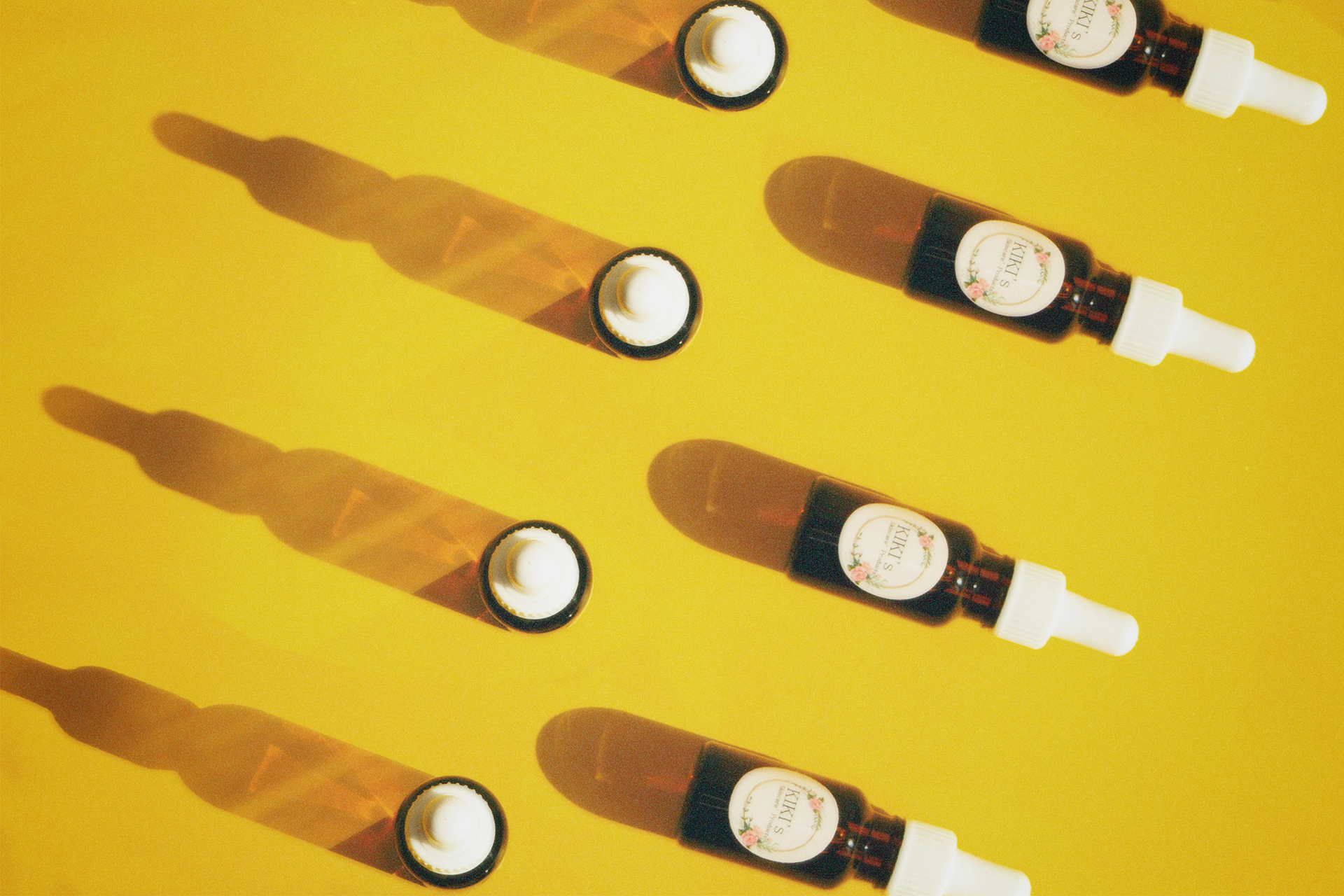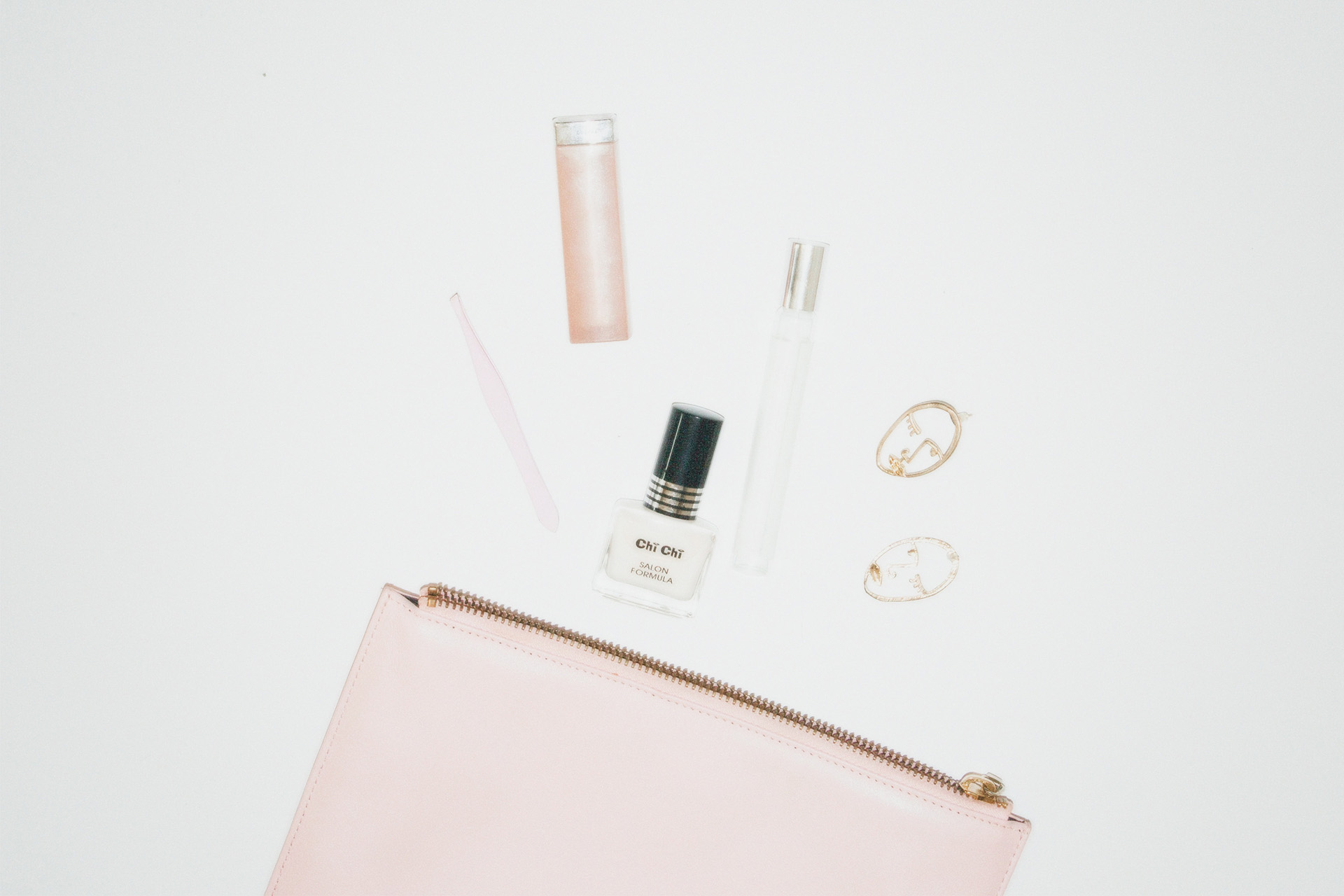Cosmetic procedures can be a significant investment in your appearance and self-confidence. Whether you’ve undergone a chemical peel, laser treatment, microneedling, or a more invasive surgical procedure, proper post-procedure skin care is crucial to ensure optimal healing and maximize the results of your treatment. As a skincare expert and medical aesthetician, I will guide you through the essential steps to take care of your skin after a cosmetic procedure, helping you achieve the best possible outcome.
Understanding the Importance of Post-Procedure Care
The period following a cosmetic procedure is critical for healing and achieving the desired results. Your skin is in a vulnerable state, and proper care can prevent complications, reduce downtime, and enhance the overall effectiveness of the treatment. Here are some key reasons why post-procedure care is essential:
- Promotes Healing: Appropriate aftercare supports the natural healing process, reducing the risk of infection and complications.
- Minimizes Side Effects: Following post-procedure guidelines can help minimize common side effects such as redness, swelling, and discomfort.
- Enhances Results: Proper care ensures that the full benefits of the procedure are realized, providing you with the best possible outcome.
- Protects Your Investment: Cosmetic procedures can be costly, and diligent aftercare helps protect your investment by ensuring long-lasting results.
General Post-Procedure Care Tips
While specific instructions may vary depending on the type of procedure, some general post-procedure care tips apply to most treatments:
1. Follow Your Provider’s Instructions
The most important step in post-procedure care is to follow the instructions provided by your healthcare provider. These guidelines are tailored to your specific treatment and individual needs, ensuring optimal recovery and results.
2. Keep the Treated Area Clean
Maintaining cleanliness is crucial to prevent infection. Use a gentle, non-abrasive cleanser recommended by your provider to clean the treated area. Avoid using harsh soaps or scrubbing the skin, as this can cause irritation.
3. Moisturize Regularly
Moisturizing helps keep the skin hydrated and promotes healing. Choose a fragrance-free, non-comedogenic moisturizer to prevent clogging pores and further irritation. Your provider may recommend a specific product that is safe to use post-procedure.
4. Protect Your Skin from the Sun
Sun exposure can be detrimental to healing skin and may cause hyperpigmentation or other complications. Always wear a broad-spectrum sunscreen with an SPF of 30 or higher, even on cloudy days. Physical sunscreens containing zinc oxide or titanium dioxide are often recommended for their gentle, non-irritating properties.
5. Avoid Picking or Scratching
Resist the urge to pick, scratch, or peel the treated area, even if it becomes dry or flaky. Doing so can lead to scarring, infection, and delayed healing. Let the skin naturally shed dead cells as it heals.
6. Stay Hydrated
Drinking plenty of water helps keep your skin hydrated from within, supporting the healing process. Aim for at least 8 glasses of water a day to maintain optimal hydration levels.
7. Get Plenty of Rest
Rest is essential for recovery. Ensure you get enough sleep and avoid strenuous activities that can increase blood flow to the treated area, potentially causing swelling and discomfort.
Specific Post-Procedure Care Based on Treatment
Different cosmetic procedures require tailored aftercare routines. Here’s a breakdown of post-procedure care for some common treatments:
Chemical Peels
Chemical peels involve applying a solution to the skin that causes the outer layers to exfoliate and peel off, revealing fresher, rejuvenated skin underneath.
- Immediate Aftercare: Your skin may feel tight, red, and sensitive immediately after the peel. Apply a soothing ointment or moisturizer recommended by your provider to keep the skin hydrated.
- Avoid Sun Exposure: Your skin will be more sensitive to the sun after a chemical peel. Wear a broad-spectrum sunscreen daily and avoid direct sun exposure as much as possible.
- Moisturize Frequently: Keep your skin well-moisturized to prevent dryness and promote healing. Use a gentle, non-irritating moisturizer.
- Avoid Harsh Products: Steer clear of retinoids, alpha hydroxy acids (AHAs), beta hydroxy acids (BHAs), and other exfoliants until your skin has fully healed.
Laser Treatments
Laser treatments, such as laser resurfacing, use focused light to address various skin concerns, including wrinkles, scars, and pigmentation issues.
- Immediate Aftercare: Your skin may be red, swollen, and sensitive post-treatment. Apply cold compresses to reduce swelling and use any prescribed ointments to aid healing.
- Gentle Cleansing: Use a gentle cleanser to wash the treated area. Avoid hot water and harsh scrubbing.
- Moisturize and Hydrate: Keep the skin moisturized with a product recommended by your provider. Drinking plenty of water also helps keep the skin hydrated from within.
- Sun Protection: Use a broad-spectrum sunscreen and avoid sun exposure to prevent complications such as hyperpigmentation.
Microneedling
Microneedling involves creating micro-injuries in the skin using fine needles, stimulating collagen production and improving skin texture and tone.
- Immediate Aftercare: Your skin may appear red and feel slightly swollen post-treatment. Apply a soothing serum or moisturizer recommended by your provider.
- Avoid Makeup: Refrain from applying makeup for at least 24 hours after the procedure to allow your skin to breathe and heal.
- Moisturize: Use a gentle, hydrating moisturizer to keep the skin nourished and support healing.
- Sun Protection: Protect your skin from the sun by applying sunscreen and avoiding direct sun exposure.
Surgical Procedures
Invasive surgical procedures, such as facelifts or liposuction, require a more intensive post-procedure care routine.
- Follow Surgical Aftercare Instructions: Adhere strictly to the post-surgical care instructions provided by your surgeon. This may include wound care, medication management, and activity restrictions.
- Manage Swelling and Discomfort: Use prescribed pain medications and cold compresses to manage swelling and discomfort. Follow any specific guidelines for reducing swelling, such as keeping the head elevated.
- Avoid Strenuous Activities: Refrain from strenuous activities and heavy lifting for the duration recommended by your surgeon to prevent complications and support healing.
- Monitor for Complications: Keep an eye out for signs of infection or other complications, such as increased redness, swelling, or unusual discharge, and contact your surgeon immediately if you notice any concerning symptoms.
Enhancing Results with Post-Procedure Skin Care Products
In addition to following general and procedure-specific aftercare guidelines, incorporating the right skincare products into your routine can enhance your results and support healing. Here are some product recommendations based on their beneficial ingredients:
Hyaluronic Acid
Hyaluronic acid is a powerful hydrating ingredient that helps retain moisture in the skin, promoting healing and maintaining a plump, youthful appearance.
- Product Recommendation: Look for a hydrating serum or moisturizer that contains hyaluronic acid to keep your skin hydrated and supple.
Vitamin C
Vitamin C is a potent antioxidant that helps protect the skin from free radical damage, boosts collagen production, and brightens the complexion.
- Product Recommendation: Incorporate a vitamin C serum into your routine to enhance your skin’s radiance and support healing.
Peptides
Peptides are short chains of amino acids that promote collagen production and improve skin elasticity and firmness.
- Product Recommendation: Use a peptide-rich serum or moisturizer to support skin repair and rejuvenation.
Ceramides
Ceramides are lipids that help restore the skin’s natural barrier, preventing moisture loss and protecting against environmental damage.
- Product Recommendation: Opt for a ceramide-infused moisturizer to strengthen your skin barrier and lock in hydration.
Aloe Vera
Aloe vera has soothing and anti-inflammatory properties that can help calm irritated skin and promote healing.
- Product Recommendation: Use a moisturizer or gel containing aloe vera to soothe and hydrate your skin post-procedure.
Growth Factors
Growth factors are proteins that play a crucial role in wound healing and tissue repair, making them beneficial for post-procedure skin care.
- Product Recommendation: Consider a serum or cream containing growth factors to accelerate healing and improve skin texture.
Professional Treatments to Enhance Recovery
In addition to at-home skincare, professional treatments can further enhance your post-procedure recovery and results. Here are some options to consider:
LED Light Therapy
LED light therapy uses different wavelengths of light to promote healing, reduce inflammation, and stimulate collagen production. It is a gentle, non-invasive treatment with no downtime.
- Benefit: Accelerates healing, reduces redness and swelling, and enhances overall skin rejuvenation.
- Frequency: Sessions can be scheduled weekly or bi-weekly, depending on your provider’s recommendations.
Oxygen Facials
Oxygen facials infuse the skin with a blend of oxygen and nutrients, providing an instant glow and hydration boost.
- Benefit: Enhances skin hydration, improves circulation, and promotes healing.
- Frequency: Schedule an oxygen facial 1-2 days before any special event or as needed for a radiant complexion.
Lymphatic Drainage Massage
Lymphatic drainage massage helps reduce swelling and promote the removal of toxins from the body, supporting the healing process.
- Benefit: Reduces post-procedure swelling, enhances circulation, and accelerates recovery.
- Frequency: Consult your provider for the appropriate frequency based on your procedure and individual needs.
Conclusion
Proper post-procedure skin care is essential for maximizing the results of your cosmetic treatments. By following your provider’s instructions, maintaining a gentle and consistent skincare routine, and incorporating beneficial products and professional treatments, you can ensure optimal healing and achieve the best possible outcome. Remember, patience and diligence are key to enjoying the full benefits of your investment in cosmetic
procedures. With the right care, you can enjoy a radiant, rejuvenated complexion and enhanced confidence in your appearance.





